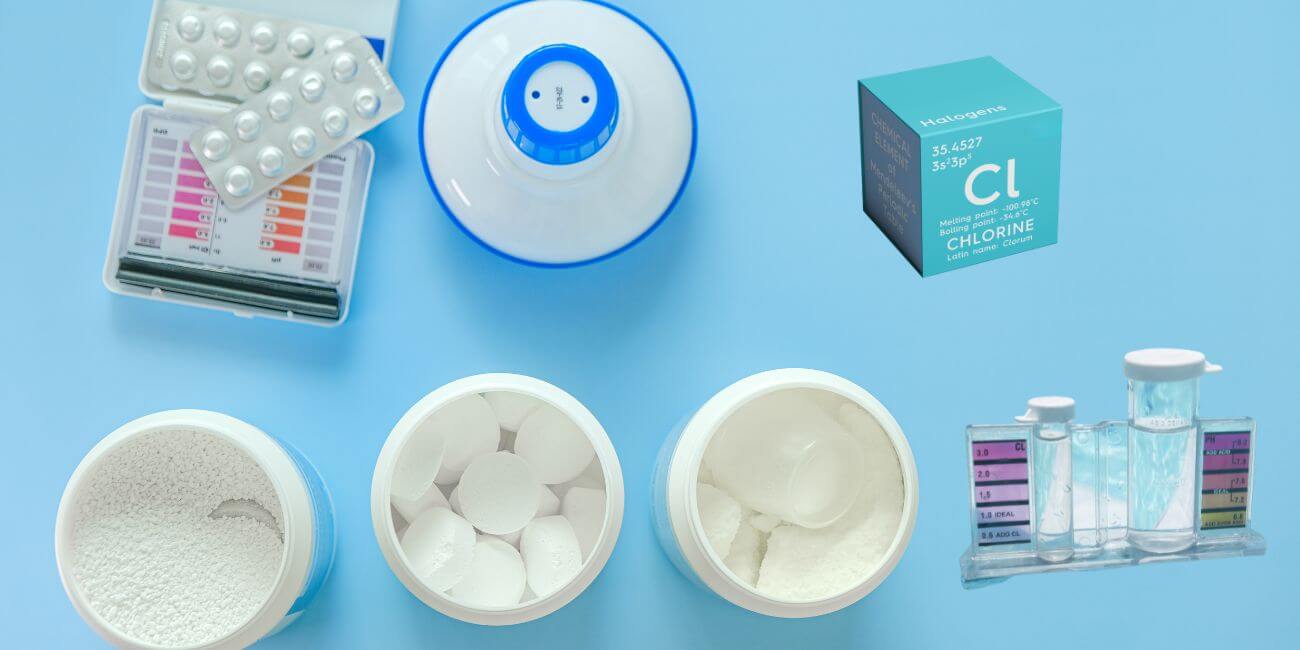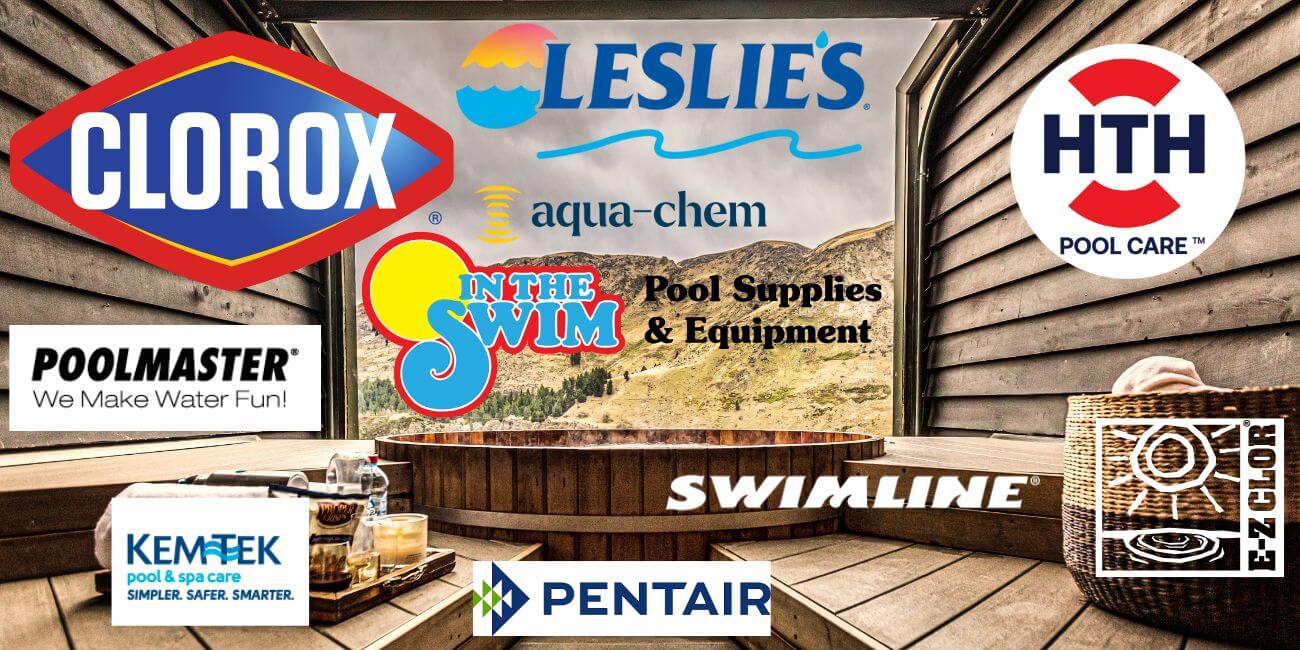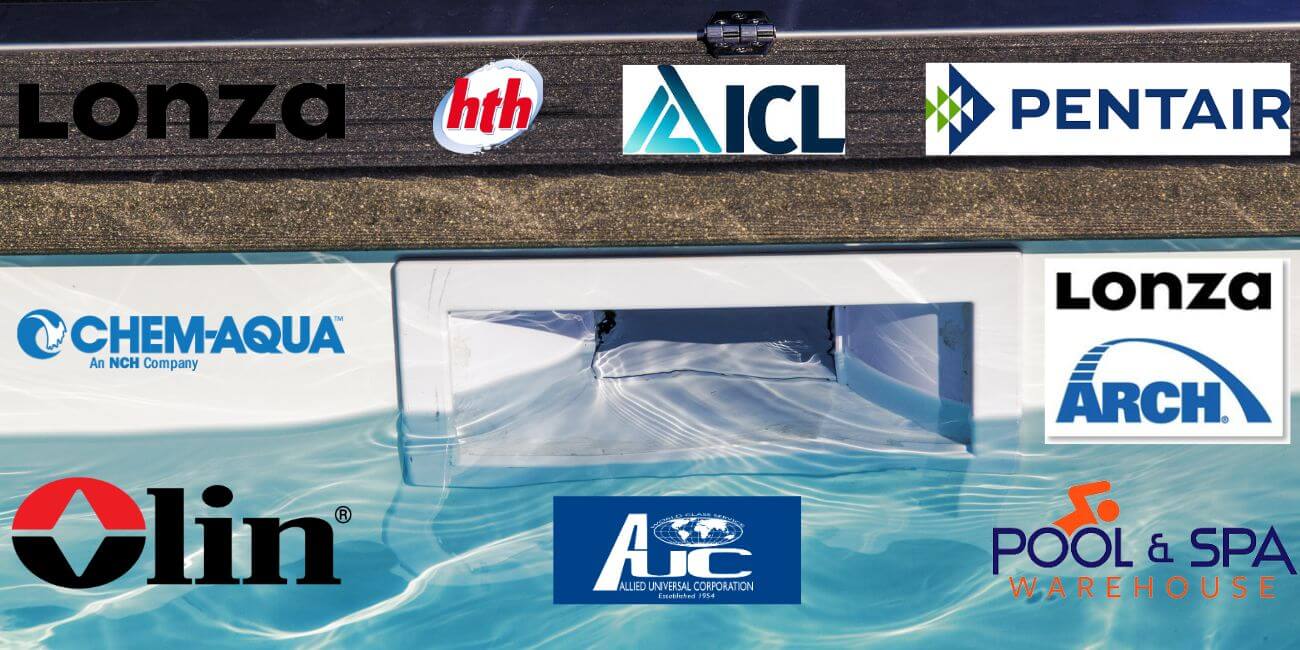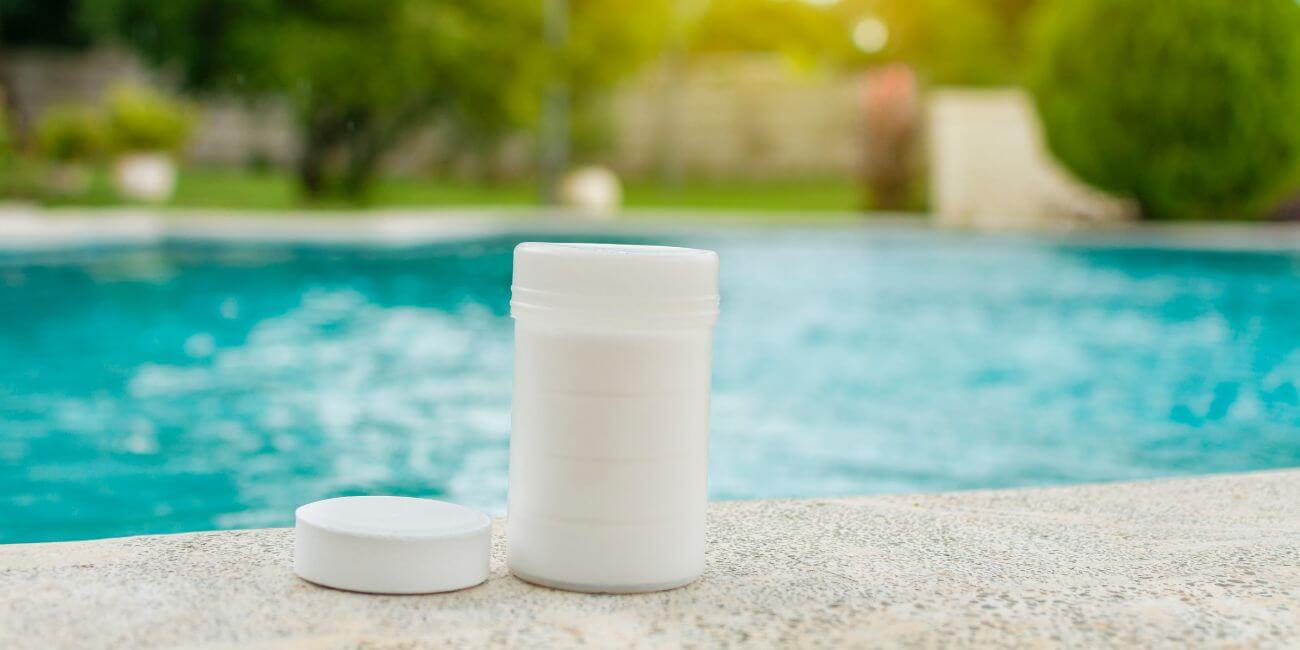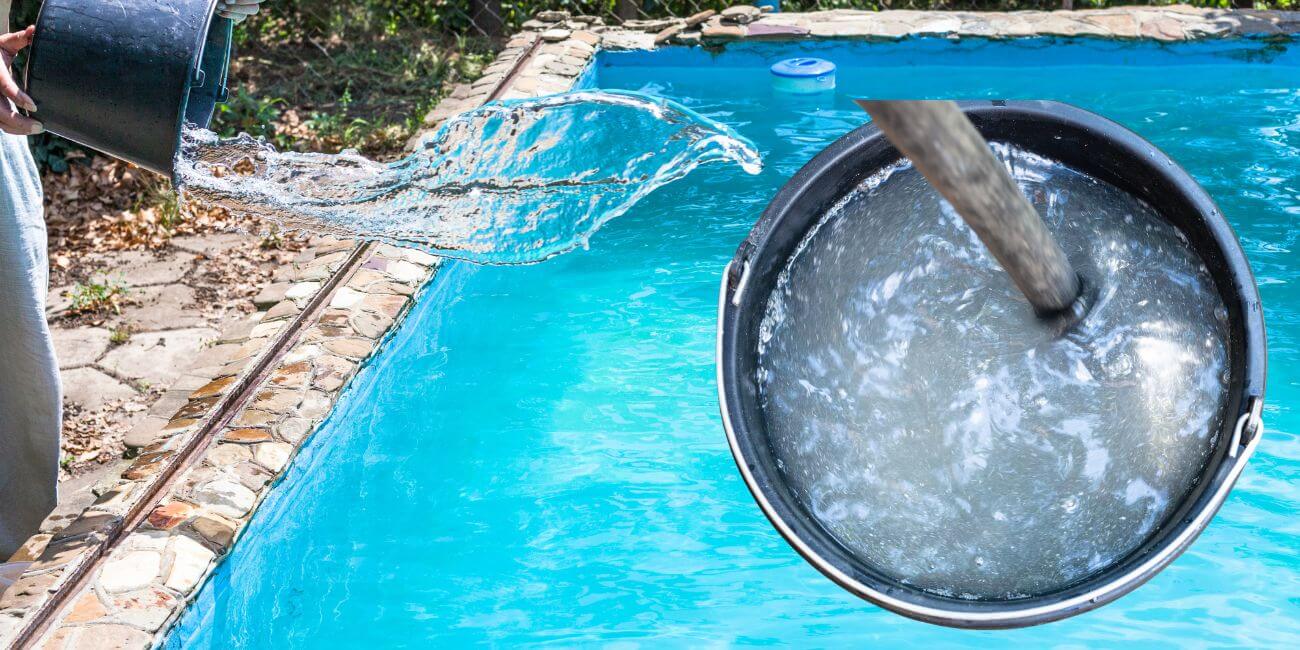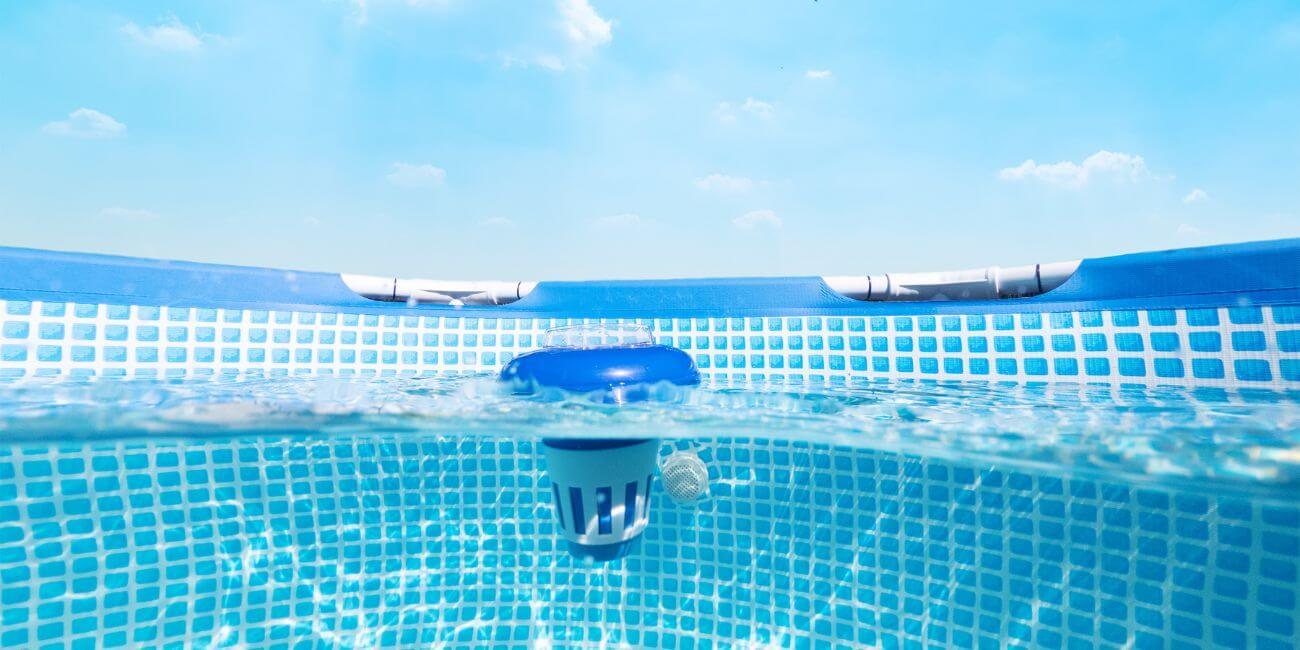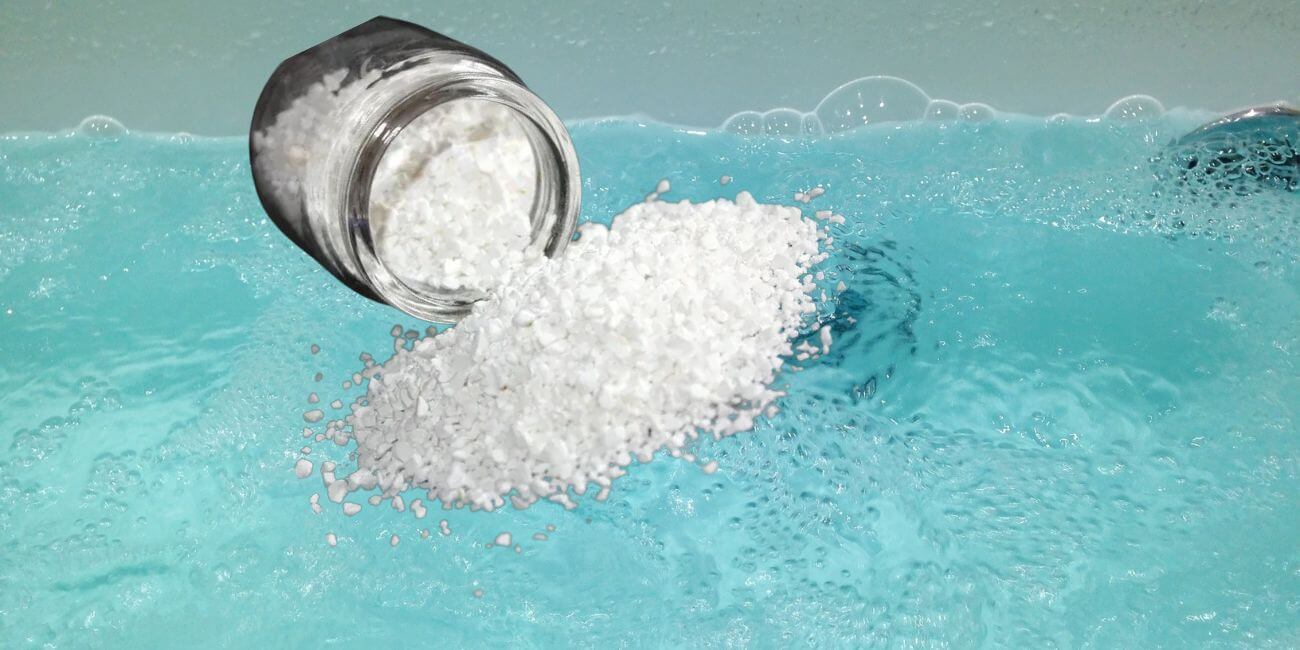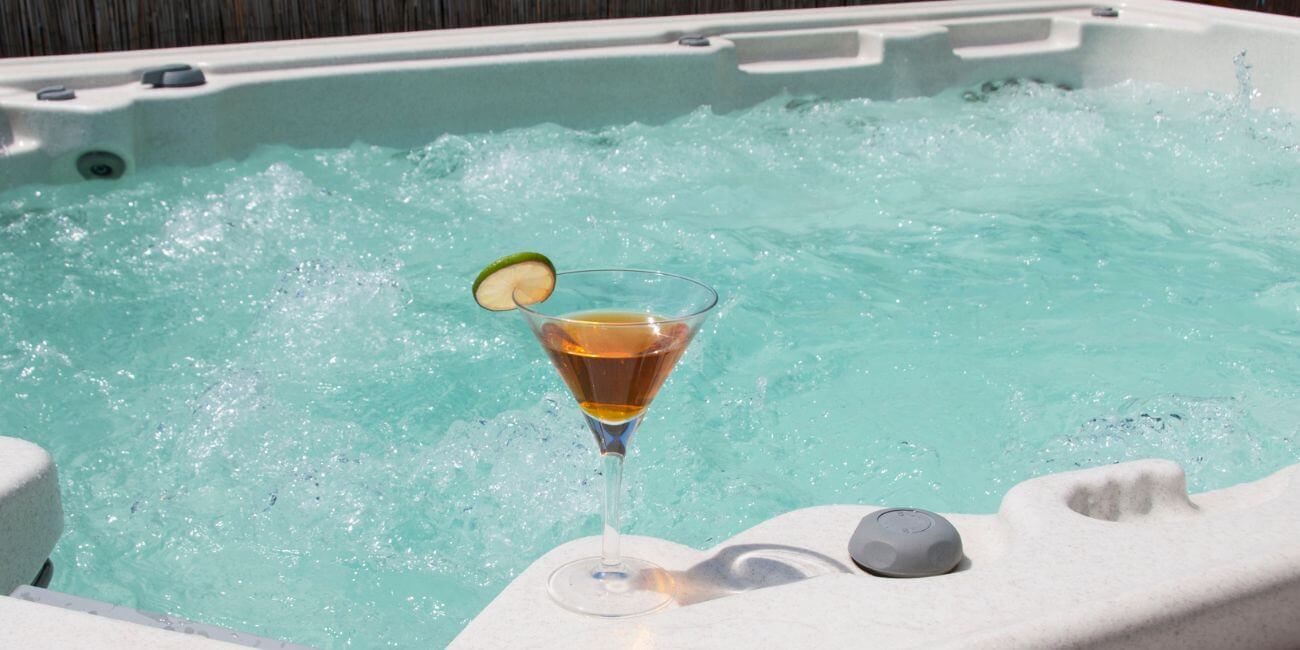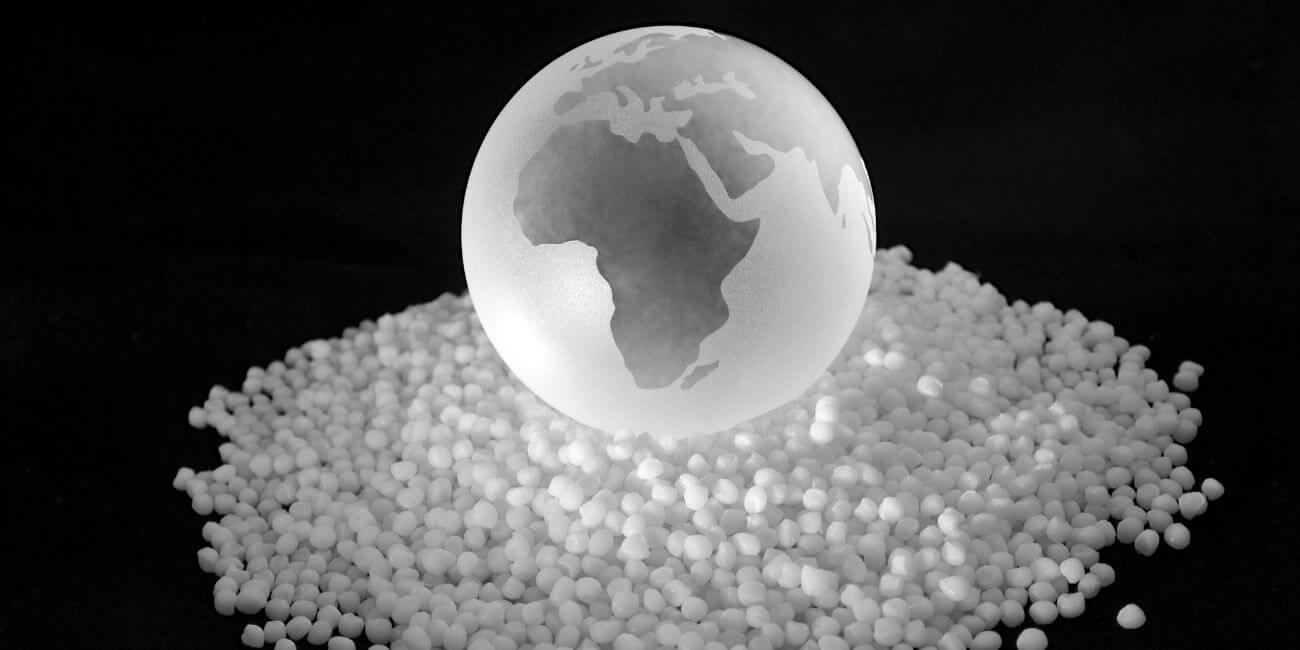China has now emerged as one of the largest manufacturers and exporters of pool chemicals around the world. Selecting a suitable supplier for supplying applicable products related to your pool care needs has indeed been a difficult task as more and more manufacturing companies are producing chlorine products in powder, granule, tablet, and liquid chlorine forms.
10 Best Chlorine Tablets Manufacturers in the USA 2025
Chlorine tablets are majorly applied in water treatment, specifically in swimming pools and spa establishments for keeping water clean and free from harmful microorganisms. Since chlorine is a major commodity in the upkeep of pools, ample care has to be taken while choosing the manufacturer for product effectiveness and safety, ensuring continuity in its use.
Top 10 Worldwide Chlorine Tablets Suppliers in 2025
Chlorine tablets are mainly used for sterilizing or sanitizing water and applied in many water treatment projects, including swimming pools, spas, hot tubs, water tanks(parks) and even at municipal water treatment systems that serve the people.
How Much Water Does a 3 Inch Chlorine Tablet Treat?
Good quality sterilized water is quite important for swimmers’ body health. Chlorine tablets are among the popular and effective ways to chlorinate your pool. These slow-dissolving tablets are simple and can be thrown directly into your pool via a floating dispenser or an automatic chlorinator.
How to Add Chlorine Granules to Pool
When you swim in a pool, you are undoubtedly in hope of staying away from those harmful substances so as to keep safety and have a pleasant swimming experience. In this case, you should frequently do some inspecting jobs like testing the pH level and chlorine content.
Why Do You Need A Chlorine Tablet Floater For Pool?
Pool cleaning and hygiene are essential for anyone who wants crystal water to swim in without health consequences. Proper maintenance must balance the pool’s chemistry, especially with chlorine levels, so bacteria and algae will not build up. The chlorine tablet floater is among the lowest but most effective tools for maintaining chlorine levels in the water.
How Much Chlorine Granules to Shock Hot Tub
Every owner has to provide cleanliness, safety, and invitation inside their tub. The shock of hot tub water with a rational frequency is an effective solution to keep your hot tub clean and safe for relaxing or taking a bath in it. This water treatment method can undoubtedly remove the bad bacteria, organic substance, and other things that may do harm to the water quality in any hot tubs.
How To Shock A Hot Tub?
You must apply shock regularly with or without chlorine shock to keep your hot tub water safe and clean. Understanding what type of shock to use and how to add it will help you keep your hot tub clear. Just read the following content to learn something that you need to know for shocking a hot tub.
Chlorine Granules for Pool vs Chlorine Tablets: Which Works Better in Your Pool?
Proper sanitation makes any swimming pool clean, safe, and attractive. In this area, chlorine enters the scene as one of the most effective chemically active agents in ridding water of bacteria, algae, and microorganisms. Whereas chlorine can be in the liquid, gaseous, or even solid state, two popular forms of solids today are chlorine granules and chlorine tablets.

